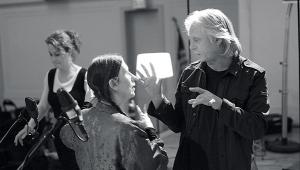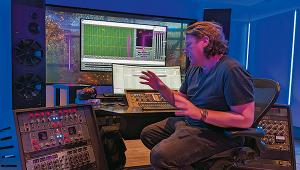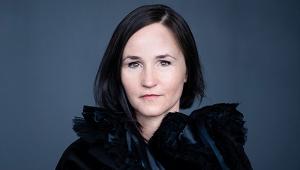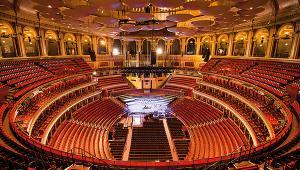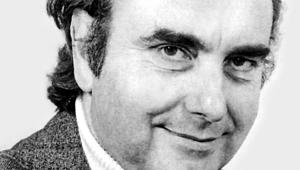An Irreplaceable Maestro
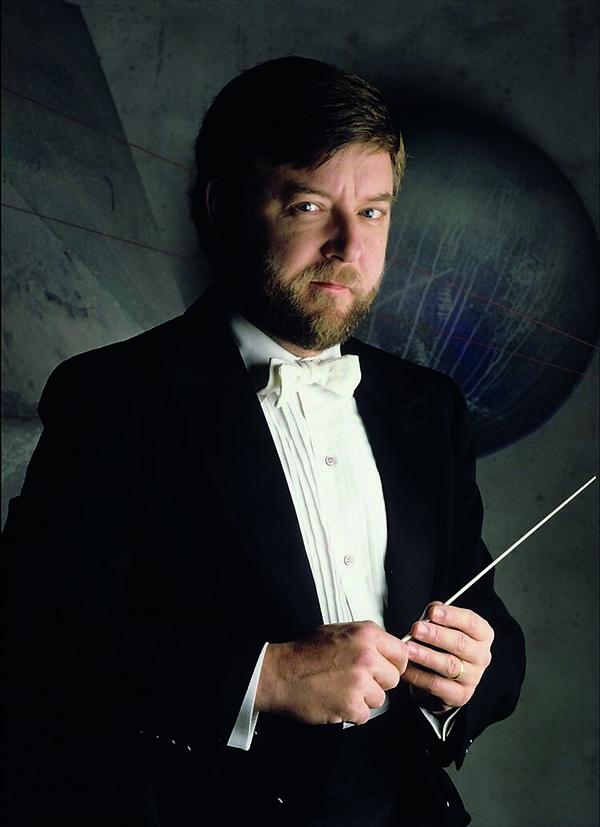
On the 20th of August, there will be an empty space - spiritual, if not physical - at the centre of the Royal Albert Hall. At time of writing, the replacement for Sir Andrew Davis had not been announced, but whoever takes on the task, I hope they keep the programme unchanged. Rather than fulsome speeches of tribute, this would be the most humble act to perform in his memory.
Not that the programme in itself is especially strange, or even typical of him: symphonies by Stravinsky and Schumann, and the UK premiere of Jacob's Ladder by the 87-year-old Steve Reich. But that is the point. Davis made a habit - if not a speciality - of stepping into the shoes of his colleagues when they were indisposed, and of getting on with conducting the advertised programme.
Answering The Call
On the last occasion I saw him at the BBC Proms, this happened to be in repertoire he knew better than any other living musician: the Fourth Symphonies of Vaughan Williams and Tippett. Even so, it takes a particular mental and musical agility (I imagine) to field the call from your agent, put aside whatever you were (or weren't) doing, and immediately immerse yourself in a score.
When Davis was too ill to appear with the BBC SO at the Barbican in March, weeks before his death from leukaemia was announced, it was noticeable that his replacement also replaced the first piece on the programme. And while it's fun to hear Kodály's Dances of Galánta once in a while, many in the audience had been treasuring the chance to hear, once more, Davis conduct the Ritual Dances from Tippett's opera The Midsummer Marriage, which Davis loved immoderately.
As the one-time chief conductor of the BBC SO, Davis was often called in at the last minute, to replace advertised (and much-anticipated) appearances by Pierre Boulez and Günter Wand in particular. And it says something for a perennially underrated musician that one never felt short-changed by the musical consequences, even if the absence of those celebrated figures left an invisible trace of podium charisma behind.
Perhaps it was Davis's musicianship that brought about this perceived lack of charismatic glamour. Or perhaps it was his name and cheery demeanour. Elgar, Vaughan Williams, even Tippett, okay. But who could expect a chap called Andrew Davis to step into the shoes of Wand and Boulez and lead exacting and inspiring performances of Bruckner and Debussy?
On the single occasion I had cause to interview him, Davis came down for breakfast in the lounge of a good but not top-end London hotel. This was in the middle of a Proms season, when several of his colleagues were being put up in the Savoy. He was a bit bleary and wearing a ratty sweater, and almost immediately we got down to business, to discuss Elgar's music for The Crown Of India, which he had lately recorded.
Meeting A Maestro
Davis was straightforward about the score not being Elgar's finest, and much of our conversation - almost every line he spoke, in fact - was punctuated by giggles and roars of laughter on his part. But he was very clear that he believed in the music, and spoke about it with no less passion than he did the music of Alban Berg, when he led (in every sense) a BBC weekend festival dedicated to the composer during the early 1990s. On the Friday night, he sat on stage at the Barbican, being interviewed about Berg, and discussing the peculiar cells in his music which make it so individual.
In between times, Davis would sit at the piano and play or accompany the chamber music. Then, over the next two days, he conducted the BBC SO in all of Berg's major orchestral scores. Each of them is ferociously demanding, yet he could bring them off, as he did when conducting Lulu at Glyndebourne, as though he were conducting a Strauss waltz. He will be missed.

